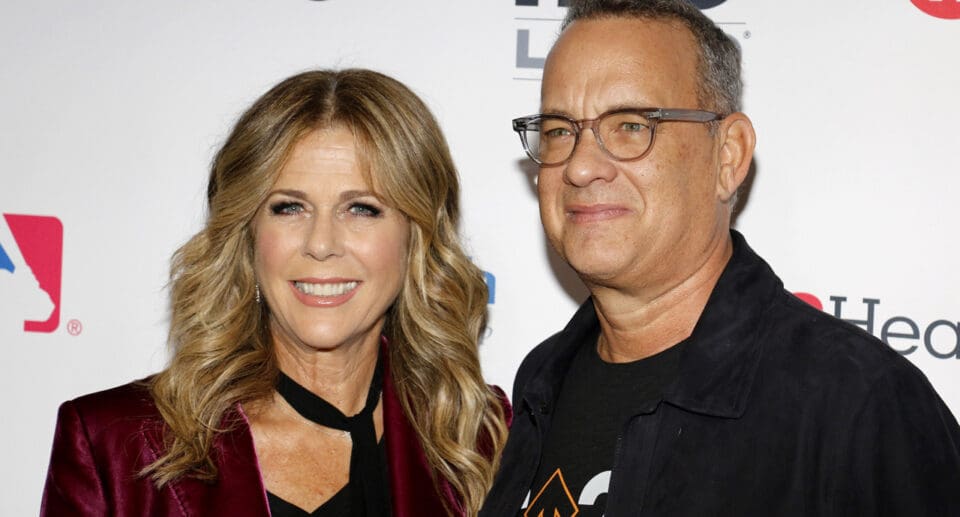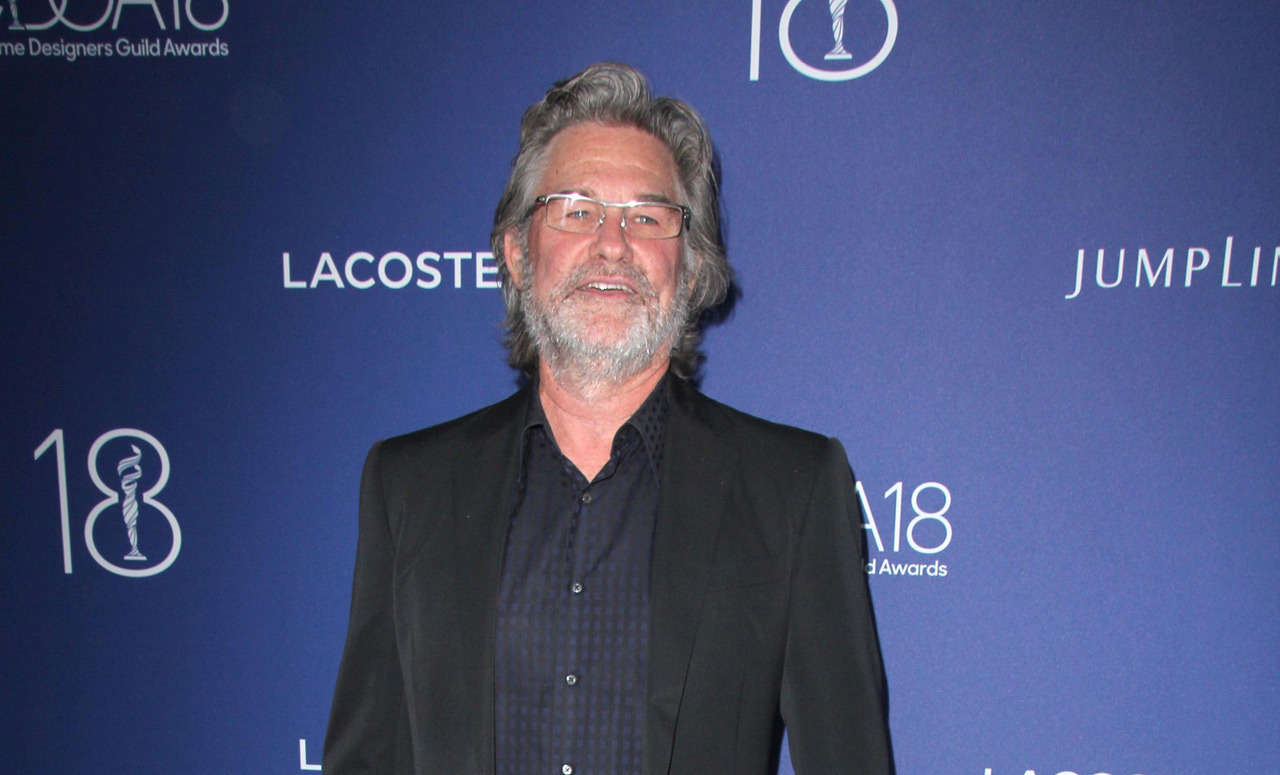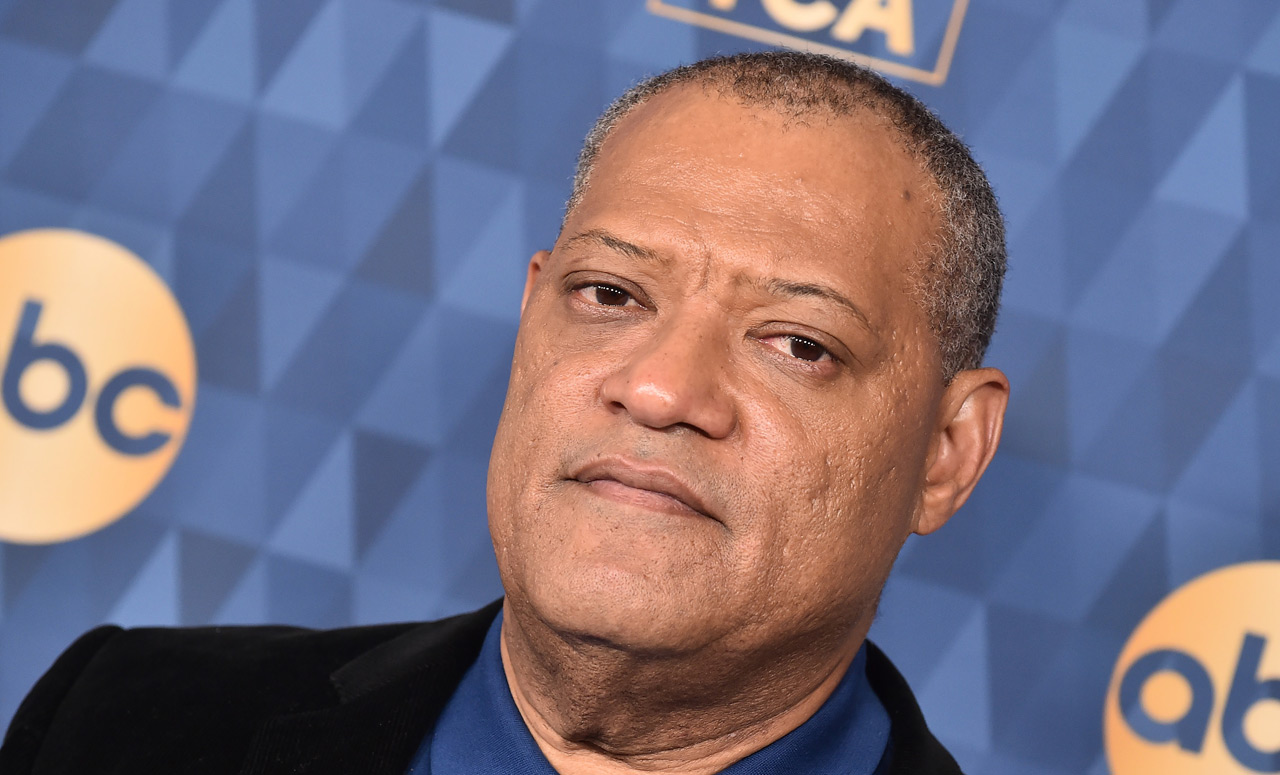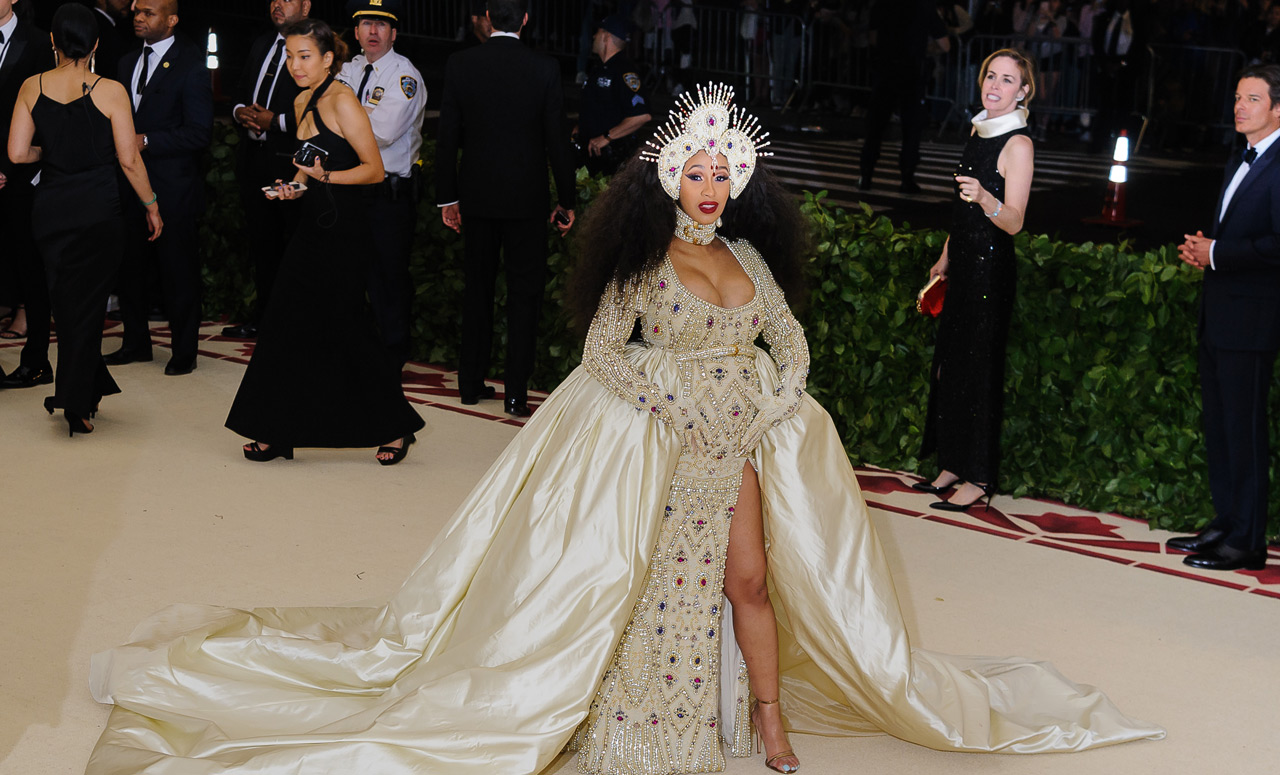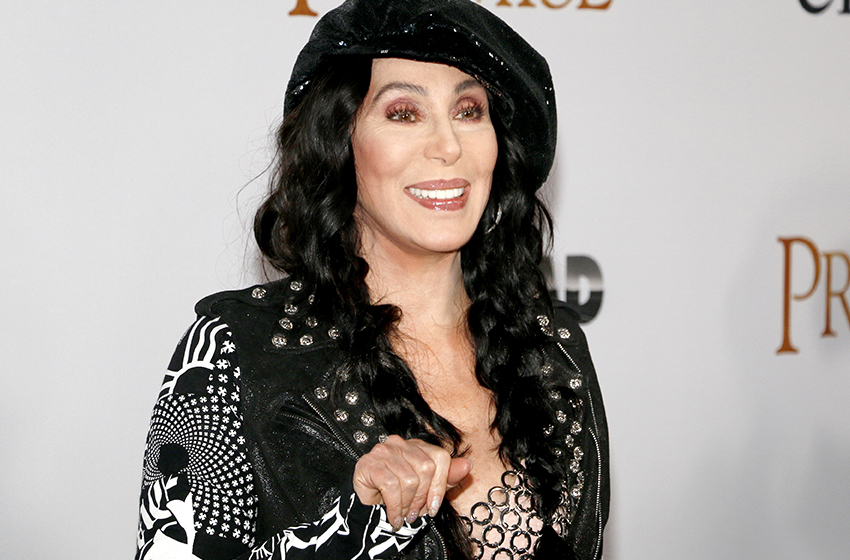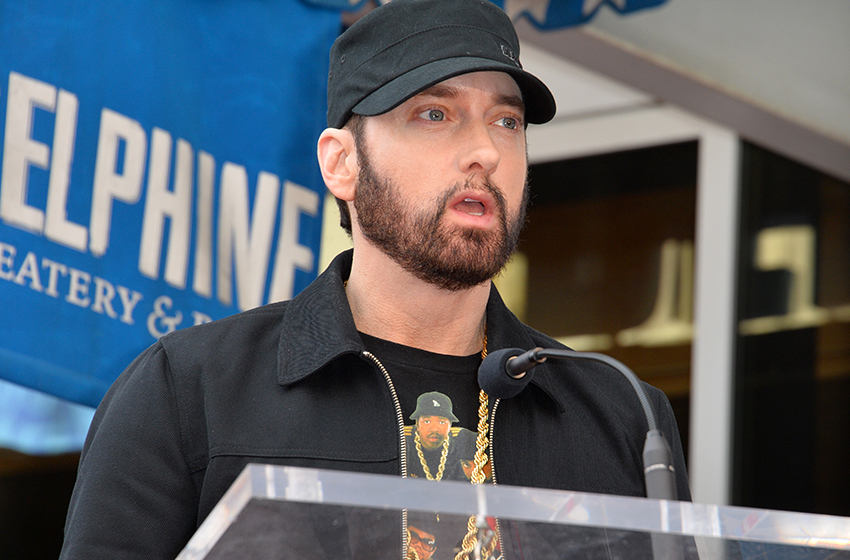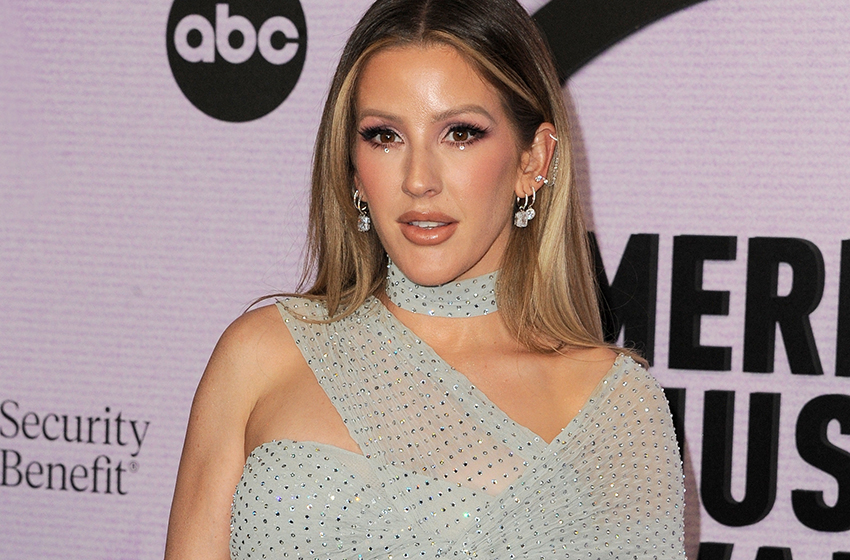Julianne Moore “Truly Saddened” After Learning Trump Banned Her Children’s Book
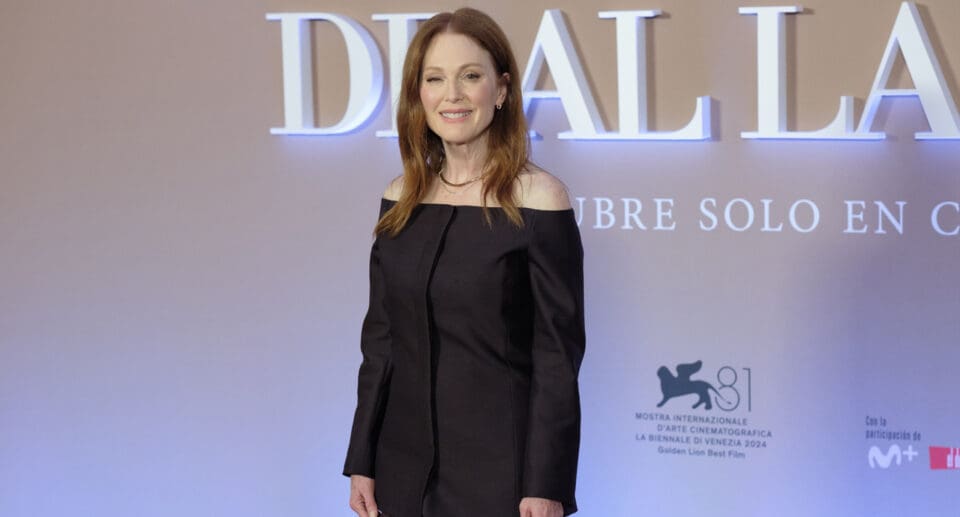
Over the weekend, Julianne Moore took to Instagram to express her shock and disappointment after learning that her beloved children’s book, Freckleface Strawberry, has been banned from schools run by the US Department of Defense under Donald Trump’s administration.
A Shocking Ban
Moore, who penned the book in 2007, revealed that it was part of a recent purge targeting books that discuss race, gender, and diversity. Trump’s executive order has led to a crackdown on such topics in military-run schools, placing Moore’s book—an uplifting story about self-acceptance—on the banned list.
“It is a great shock for me to learn that my first book, Freckleface Strawberry, has been banned by the Trump Administration from schools run by the Department of Defense,” Moore wrote in an emotional Instagram post.
The book follows a seven-year-old girl struggling with her freckles and red hair who eventually learns to embrace her unique features. Moore described it as a semi-autobiographical story, inspired by her own childhood experiences.
From Military Roots to Censorship
What makes the news even more personal is her deep connection to the military. The 64-year-old is a proud graduate of Frankfurt American High School, a former Department of Defense (DOD) school in Germany. The actress also grew up as the daughter of a Vietnam War veteran.
“I grew up with a father who is a Vietnam veteran and spent his career in the #USArmy. I could not be prouder of him and his service to our country,” Moore continued. “It is galling for me to realize that kids like me, growing up with a parent in the service and attending a @dodea_edu school, will not have access to a book written by someone whose life experience is so similar to their own.”
“I am truly saddened and never thought I would see this in a country where freedom of speech and expression is a constitutional right,” she added.
What’s So Controversial About Freckleface Strawberry?
Under Trump’s latest push against Diversity, Equity, and Inclusion (DEI) initiatives, books discussing identity and self-acceptance are facing increased scrutiny. The Defense Department recently sent a memo to parents of children attending Pentagon-run schools, notifying them that library access would be suspended for a week while certain books were removed. The reason? The administration claimed these books were part of “radical indoctrination.”
Moore thanked the literary activist group PEN America for alerting her to the book ban.
As book bans continue to spark debate, Moore’s experience underscores the growing scrutiny around literature in schools and what stories are deemed acceptable for young readers.

